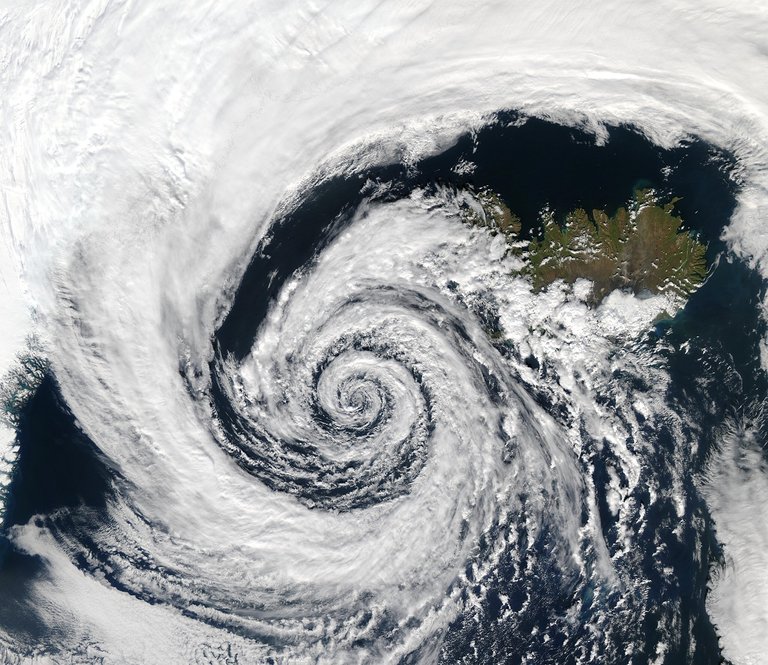Source: pixabay.com

Of the solutions that have been found to this problem is the bombardment of clouds and more recently the creation of artificial clouds, one of the countries that has recently implemented what they call "planting clouds" is Mexico where through the National Commission of Arid Zones was known a program to stimulate rainfall in the states of Tamaulipa and Baja California, this program is called "cloud planting".
Source: pixabay.com

On the contrary, there are scientists who believe that the lack of a real experimental test and only theoretical data on its effectiveness may cause more problems than solutions. The use of this technique and others similar to it had already been put into practice in the Arab Emirates, however, the results were more alterations to the environment and climate affectation.
The process is carried out through the use of airplanes from where they shoot at the clouds with particles of crystalline silver iodide, this material has a structure similar to ice and in the clouds attract water particles that concentrate in the nucleus giving rise to precipitation. It should be noted that this practice began about a hundred years ago and it was in the 1940s when they began to test or rather to test this technique.
Source: pixabay.com

So far there are no positive results that show conclusively that cloud seeding is really an answer to climate change and drought, on the contrary, in the Arab Emirates this way of influencing nature has caused great meteorological conflicts by causing torrential rains that cannot be contained and alter the seasons and with them the harvests. So far it is not possible to determine whether this way of interfering with the rainy season is really satisfactory, even though there is still a lot of research to be done on the subject, the only thing that can be perceived are the negative effects of this artificial process of making rain.
I would like to know your appreciation and opinion about this process, do you consider it an answer or a problem?
References
National Geographic en Español. https://www.ngenespanol.com/ecologia/
National Geographic. Ecología. https://www.ngenespanol.com/ecologia/mexico-planta-nubes-artificiales-para-combatir-la-sequia-extrema/
National Geographic. https://www.ngenespanol.com/ecologia/asi-funcionan-la-siembra-de-nubes-para-producir-lluvia-artificial-en-emiratos-arabes-unidos/
Free use images at pixabay.com
Image 1: TheDigitalArtist
Image 2: WikiImages
Image 3: Arcaion
Congratulations @tomaspalomo! You have completed the following achievement on the Hive blockchain And have been rewarded with New badge(s)
Your next target is to reach 6000 upvotes.
You can view your badges on your board and compare yourself to others in the Ranking
If you no longer want to receive notifications, reply to this comment with the word
STOPCheck out our last posts:
I believe that any form of manipulation or interference with the processes and facts of nature with the use of technologies can generate more problems than solutions. Your post is very interesting.
Certainly in most cases technological innovations bring more problems than solutions when it comes to modifying nature, with the issue of rainfall it is extremely difficult to predict the real effects of these interventions.